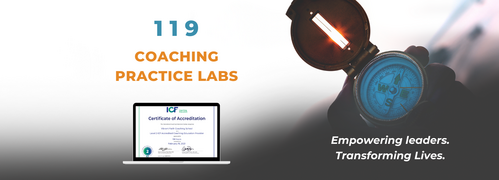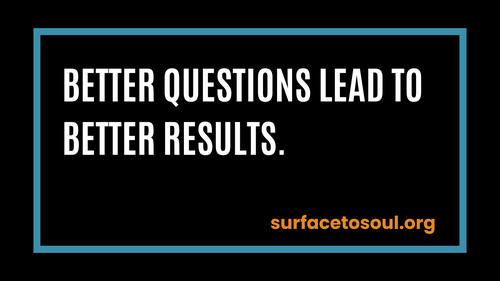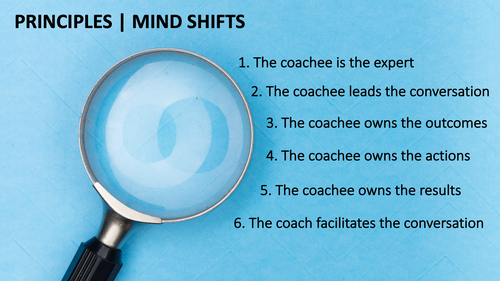Session Description
Practice Labs are designed to give students opportunities to demonstrate their coaching skills, obtain feedback from their peers, and receive insights and suggestions from their instructors.
TODAY'S TAKEAWAYS
TODAY'S TAKEAWAYS
- demonstrate coaching proficiencies
- Learn to self-reflect & correct
- Try new coaching approaches
- Learn to manage time & emotions









